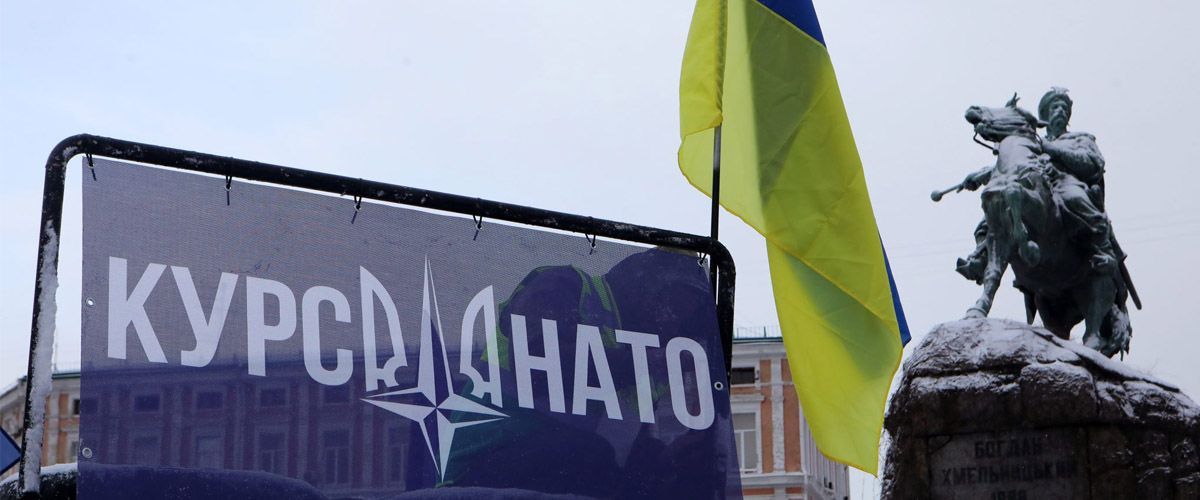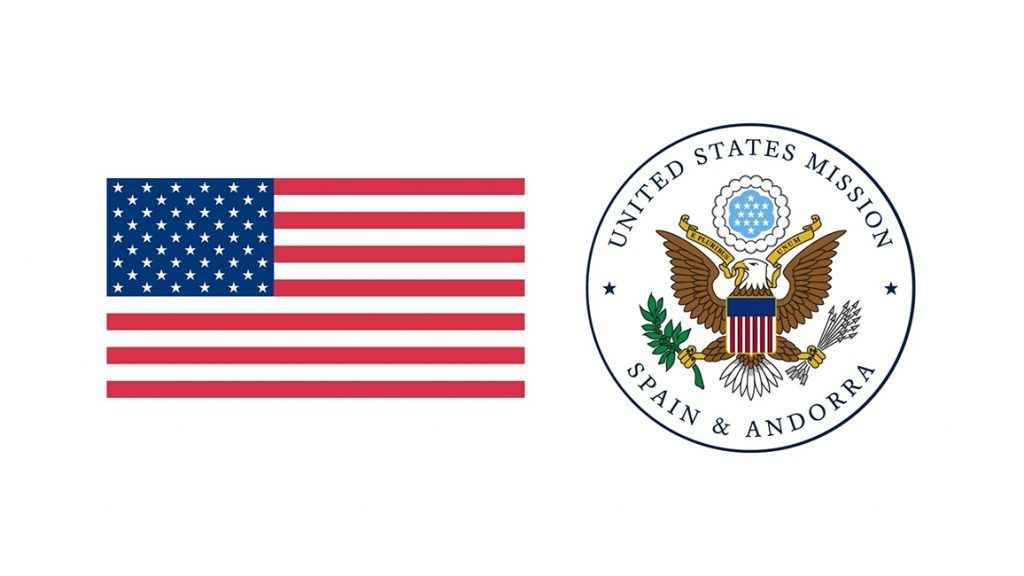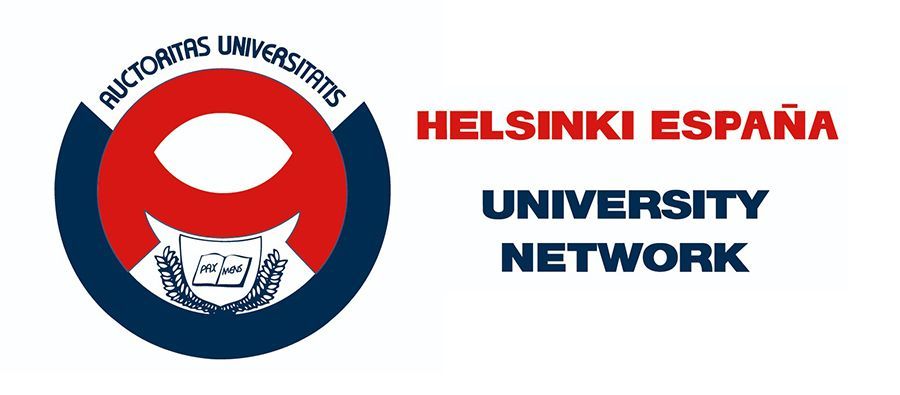contest winners (2023)

Montserrat Fabregat López
Universidad de Barcelona
Law
Walking the tightrope
Este ensayo es una reflexión sobre la difícil situación en la que se encuentra la Organización del Tratado del Atlántico Norte (OTAN) en cuanto a la guerra entre Rusia y Ucrania. “Walking the Tightrope” es mi forma de ilustrar el balance entre la responsabilidad que tienen grandes organizaciones como la OTAN de colaborar en mantener la paz en el mundo, y las posibles consecuencias negativas que implicaría una intervención total de esta organización en esta guerra. Frente a una pérdida de vidas que no tiene sentido, es necesario tomarse el tiempo para analizar los “pros” y “contras” de un escalamiento de este conflicto.
Lately, the “adult-table” discussions at dinner parties, more often than not, conclude with a sigh and an expression of “the world has become a circus”, showcasing their worry and disappointment on the current global situation. If that is true, the North Atlantic Treaty Organization (NATO) is performing one of the most impressive and dangerous balancing acts that the world has ever seen – walking the proverbial tightrope between conflict escalation and humanitarian aid; balancing respecting the “Principle of No Intervention”, and the “Principle of Solidarity and Responsibility to Protect”; finding equilibrium between trying to bring Ukraine to Western Military Standards to comply with point 23 of the 2008 Bucharest Summit Declaration – “We agreed today that these countries [Ukraine and Georgia] will become members of NATO”, and not lowering their standards that art. 10 of the North Atlantic Treaty establishes for entering the Organization.
On the Conference “NATO’s Partnership with Ukraine and Russia’s Invasion”, University of Barcelona Professor Sonia Andolz, explained that defense and security are two very different concepts and objectives, and thus require different organizations that work towards them. This was an idea that I had never pondered upon, but it is quite obvious. Of course, defense and security are not the same – while one is more reactive and immediate, the other is more of a long term labor. Realizing this led me to think that perhaps the expectant eye that the world has directed towards their historic savior is misinformed; when there is no distinction between defense and security, it is logical to misunderstand the stakes at which NATO is performing their pain-staking stunt of walking the tightrope between acting and stepping back in Ukraine’s conflict with Russia. At its very core NATO is a defense organization with as much power as can be. However, it is with this great power that, as Peter Parker’s Uncle Ben would say: “comes great responsibility”. And what is NATO’s responsibility towards Ukraine? Strictly speaking, none bigger than that of any other organization, that out of a sense of humanity, chooses to support those who need it. This is to say that when we analyze this situation exclusively from what the North Atlantic Treaty (NAT) establishes, there are no actual contractual obligations between NATO and Ukraine.
Historically, the relationship between Ukraine and NATO, has been closer than others. As early as 1997, the relationship between Ukraine and NATO was of a “Distinctive Partnership” and the European country is currently one of the six “Enhanced Partnership” countries that contribute to NATO’s operations. However, all of this history between both parties still concludes in the fact that Ukraine is not a part of NATO and therefore is not privy to most of its privileges, including famous art. 5 of the NAT: “an armed attack against one or more of them… shall be considered an attack against them all”. Sometimes, in an attempt to solve world problems from the dinner table, many people insist that this war would be over if only NATO would intervene, citing the aforementioned clause. What they fail to consider is that not only is Ukraine not a member of NATO, as was explained before, but that were NATO to intervene, the stakes would rise to an alarmingly high level in the blink of an eye. Unlike Ukraine, NATO is a nuclear organization, which posed opposite to Vladimir Putin’s very nuclear Russia, would takes us back thirty years, to a terrifying scenario of the imminent beginning of a third World War. While considering every single life that has been lost to a war that makes no sense whatsoever, NATO finds itself tiptoeing the line between helping however they can and avoiding what they know would be a catastrophe, should they fully intervene. As the conflict progresses and more lives are lost, the tightrope between acting and standing back to avoid escalation becomes increasingly frailer and discouraging like we are waiting for something to happen that will untie NATO’s hands, while at the same time sighing in relief that it still hasn’t.





